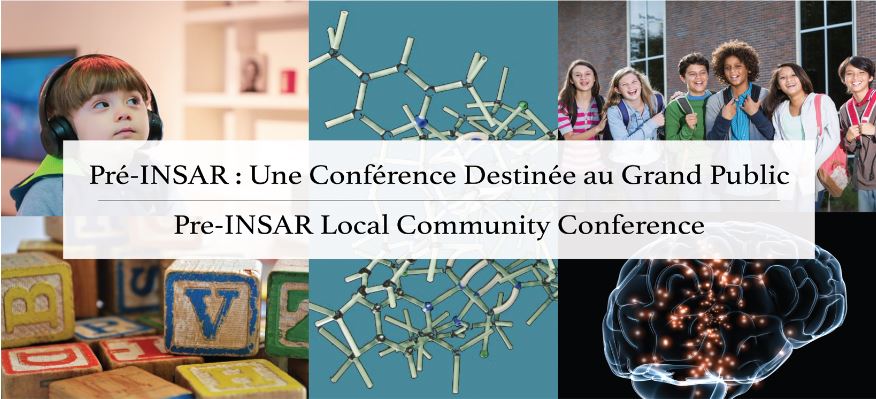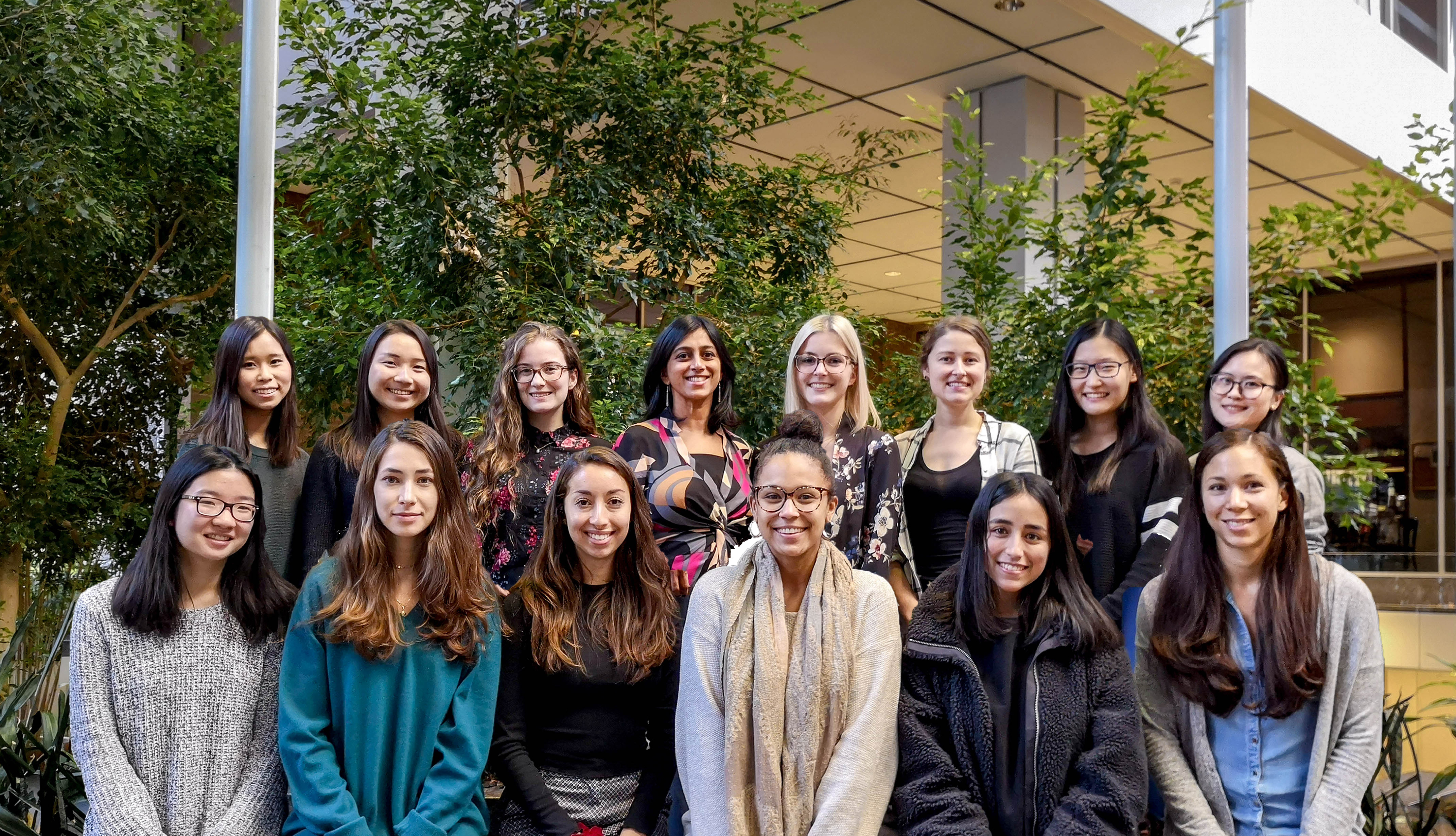
Bilingualism and Autism Newsletter
Fall 2019
Dear POP lab participant,
Happy autism awareness month! During the month of April, people from around the world come together to increase the public's understanding of autism to increase social inclusion.
We would like to thank you for participating in our research and helping us raise awareness of autism!


The PoP Lab is organizing a community and professional workshop at the International Society for Autism Research pre-conference on May 1st: Growing up bilingual with autism: advantages and challenges, and how to make evidence-informed choices. There will also be other interesting workshops this afternoon for educators, social service and healthcare professionals, families and people on the spectrum. To register, please visit this link: https://preinsar.eventbrite.com
There are many other exciting events happening as part of a larger Autism Festival, including an art and cultural event on Friday May 3rd that is open to the public: https://www.eventbrite.ca/e/autismcreatifs-autismcreates-registration59730476463
What impact does bilingualism have on children with autism?
Given that children with autism often experience language delays, should we be concerned about bilingualism? Many believe that it may be harmful for their language development. However, research evidence shows that this is not the case.
Our lab has been examining whether bilingualism may in fact hold cognitive advantages for children with autism. Studies with the general population have shown that bilingualism enhances certain executive functions. These are cognitive control processes that allow us to carry out daily life tasks.
We have also been examining the effects of bilingualism on different aspects of language development.
Fall 2019 Newsletter
Language Exposure

This month’s newsletter focuses on the article “Bilingual Children with Autism Spectrum Disorders: The Impact of Amount of Language Exposure on Vocabulary and Morphological Skills at School Age” (Gonzalez-Barrero & Nadig, 2018).
Task:
Parents filled out a questionnaire on the amount of exposure their children receive to each language they hear. Children ranged from primarily monolingual to bilinguals who hear each of their languages about half of the time. Children completed tests that measure their vocabulary and grammar skills. French was used as the language for analysis, as all children in this study were exposed to some amount of French.
Findings!
The more a child was exposed to French in their current day-to-day life, the better their French language skills were. This was found for both children with typical development and children with autism.
What does this mean?
The more children are exposed to a language the better their language skills are in that language. The ideal conditions for bilingual language development in children with autism is about 40-60% exposure to each of their languages, as is the case for typically-developing children. This information is useful for parents, as well as educators and healthcare professionals, as it can be used to help support optimal language development in bilingual children with autism.
Gonzalez-Barrero, A. & Nadig, A. (2018). Bilingual children with Autism Spectrum Disorders: The impact of amount of language exposure on vocabulary and morphological skills at school age. Autism Research, 11(12), 1667–1678 https://doi.org/10.1002/aur.2023
Outreach

The PoP lab organized a community workshop on bilingualism and autism at the local pre-conference of the International Society for Autism Research (INSAR) conference in Montreal on May 1, 2019. The goals of this workshop were to understand multiple stakeholders’ perspectives on bilingualism and autism at a particular developmental stage, as well as the state of research evidence at that stage of development. Another aim of this workshop was to gain a broader understanding of the benefits and challenges of bilingualism for people with autism across the lifespan. Please see the attached document for a summary report of the workshop.
Our Team
The team at the POP Lab, led by Aparna Nadig, is made up of research assistants, undergraduate research project students, masters and doctoral students all passionate about the elds of pragmatic development, social communication, and language and communication in individuals with autism spectrum disorders.

Top: Dorothy L., Claudia L., Karleen M., Aparna N., Alexane D., Angela M., Grace G., Chris H.
Bottom: Sabrina R., Melanie C., Nadia E., Aryana N., Cynthia D., Stephanie L.
Thanks for reading!
We'd be happy to hear from you at poplab.scsd@mcgill.ca. Stay tuned for our next newsletter in April on the topic of cognitive flexibility!
The POP Lab